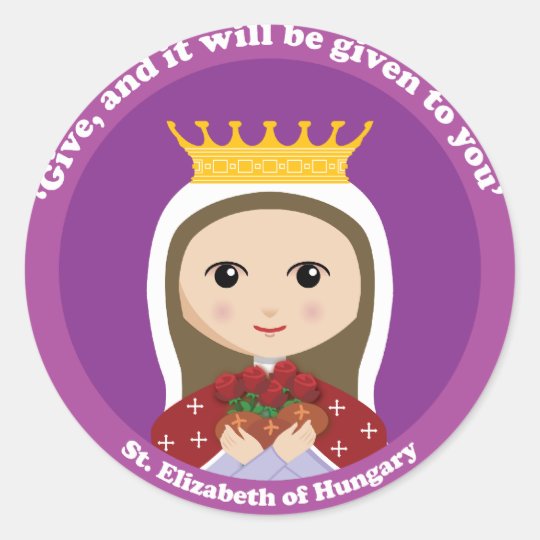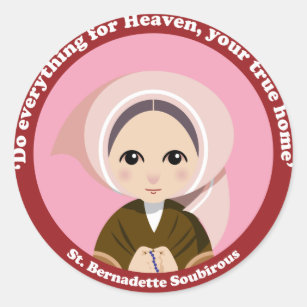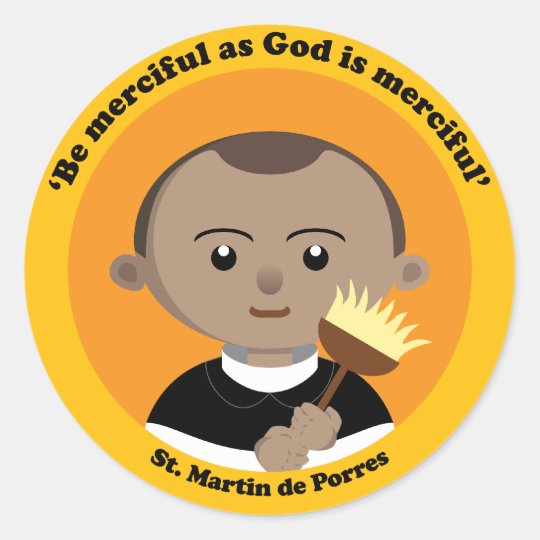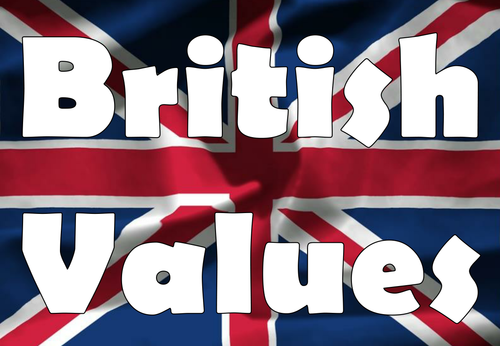Curriculum
Statement of Intent
St Mary's Catholic Primary School's curriculum is driven by our Mission Statement: "Celebrating Excellence through our Faith and Learning." This mission, combined with our adoption of the Jesuit Values, underpins all aspects of our school life. Our values are promoted through the gospel and the life and teachings of Jesus, ensuring that our students grow in wisdom, faith, and service.
Our curriculum is distinct in its design, fostering a culture of enquiry, curiosity, and challenge. This unique approach, rooted in Catholic Social Teaching , equips our students with the knowledge and critical skills to navigate and positively contribute to the world. It leverages our local STEM industry connections and global community links, celebrating the diverse backgrounds of our pupils and staff. This unique curriculum provides a secure and caring foundation, nurturing the children’s sense of their place and role in modern society.
Our vision is to equip all our young people with the knowledge and skills they need to flourish within our local community and the wider world as it is today. We prepare them for an ever-changing future by embracing contemporary challenges and opportunities. British Values are promoted hand-in-hand with our Jesuit Values, and together, they permeate throughout our school life, ensuring an inclusive curriculum for all.
Collaborating closely with our families, we are committed to nurturing not just academically successful individuals, but also happy, confident, resilient, independent, and motivated ones. Our high expectations for pupils’ behaviour and learning are consistently maintained across the school, evident in their excellent manners and high levels of engagement with their learning. We empower our students to make informed choices based on our shared values, foster a lifelong love of learning, achieve their highest potential, and feel valued and supported.
We place a strong emphasis on developing children’s oracy skills, extending their vocabulary, and encouraging them to speak out confidently and eloquently. Recognising that children make the best progress when they are happy and secure, we support their emotional well-being to help them reach their true potential. We highly value 'Pupil Voice' and provide numerous opportunities for children to develop their leadership skills through initiatives like the School Council, Eco Club, Mini Vinnies, Chaplaincy Team, and Play Leaders, fostering a sense of empowerment and responsibility.
We are deeply committed to helping our students develop critical thinking skills and ask meaningful questions. We teach them practical skills, effective communication, active listening, and the ability to aspire and self-organise. Above all, we foster their natural curiosity, inspiring them to discover and explore independently.
In alignment with our Catholic and Jesuit principles, we emphasise the importance of physical and mental health, caring for others, and building positive relationships. Our students learn to contribute to their community, appreciate nature, and take environmental responsibility. We strive to engage them actively and creatively, setting a strong foundation for successful living following our faith and values.
Enquiry
What is enquiry- based learning at St Mary's?
At St Mary's Catholic Primary School, our enquiry-based learning curriculum is designed to foster curiosity about the world around our students. With much of the Curriculum grounded in Catholic Social Teaching, this approach enriches our students' educational experiences by connecting them to their local environment and history, enhancing their cultural capital.
We teach the National Curriculum through content centred around our local area, using the Curious City Framework by Lighting Up Learning as a starting point. This ensures that everything we do is relevant and purposeful, building our learners' understanding of local places and stories. This context gives our students a valuable and meaningful backdrop for their learning journey.
Enquiry-led learning at St Mary's provokes our students with key questions that are significant yet approachable. These questions are designed to be thought-provoking and encourage deeper understanding. Students are guided through a scaffolded process where they engage with content, practice essential skills, acquire key knowledge, and ultimately challenge themselves to answer the big question. This process might culminate in a piece of writing, a performance, or an animation, showcasing their learning and understanding.
To bring our curriculum alive, we incorporate the expertise of real-world scientists, geographers, and historians. This enriches our teaching and allows children to embody these roles and experience these fields firsthand rather than merely studying them. Working alongside professionals, our students gain practical insights and inspiration, making their learning experiences more authentic and engaging.
Each enquiry can last one to six weeks, ensuring comprehensive curriculum coverage throughout the year. Integrating the local environment and history into our teaching, we help our students develop a profound connection to their community, fostering a sense of belonging and responsibility. This approach enhances academic learning and instils in our students a lifelong love of discovery and critical thinking.
Enriching Learning Through Trips and Visits
At St Mary's, we believe that learning extends beyond the classroom. Our school day trips and excursions provide invaluable experiences that complement our enquiry-based curriculum.
Students can visit local places such as the library and nature reserves and even take a trip to post a letter to Father Christmas. Around Bristol, we explore educational sites like the SS Great Britain, M Shed, and local farms. These trips help students connect their learning to real-world contexts, enriching their understanding and appreciation of their local heritage.
We actively encourage students to participate in different modes of travel, such as taking the train or public bus, to broaden their experiences and foster independence. Additionally, our Year 6 pupils look forward to a Summer Camp, which offers further opportunities for personal growth and adventure.
Moreover, we enhance our curriculum with visits from local historians and experts in various fields. Parents and carers who may be scientists, theologians, or other professionals also contribute by sharing their expertise. Unique experiences, such as learning from a shadow puppet creator, add to the diversity and richness of our students' education.
These trips and visits are integral to our curriculum, providing students diverse and engaging learning experiences. Each class will be notified about specific trips and visits throughout the school year, ensuring all students benefit from these enriching opportunities.
Read more about personal development at St Mary's here
Developing Life Skills and Spirituality at St Mary's
At St Mary's, we believe in the holistic development of each individual, ensuring that children leave our school with a strong academic foundation and a robust set of life skills. As a Catholic school, we are dedicated to developing each child's spirituality and nurturing their faith alongside their academic and personal growth.
Maintaining an active and healthy lifestyle is key to these life skills. Our curriculum covers both the theoretical and practical aspects of health and fitness, fostering our students' love for physical activities.
We utilise the Jigsaw program for our Personal, Social, Health, and Economic (PSHE) education, ensuring a comprehensive approach to developing our students' social and emotional well-being.
In addition to regular physical education and PSHE lessons, we offer a variety of sporting activities and clubs throughout the school year. These activities extend the school day and promote an active and healthy lifestyle. Popular clubs include football, choir, gymnastics, netball, and Mini Vinnies. Information about club availability for each year group will be communicated to you during the school year.
We also provide music lessons through WEMA, which supplies many musical instruments. We'll let you know about the start of lessons and any associated costs.
By integrating these diverse experiences into our curriculum, we ensure that our students develop a well-rounded skill set that prepares them for life beyond primary school. Our commitment to nurturing the spiritual and practical aspects of our students' lives helps them grow into compassionate, capable, and well-rounded individuals.
Click here to find out more about Personal Development at St Mary's
What Are the States of Being?
At St Mary's Catholic Primary School, we have launched a transformative approach to learning through our "states of being." We are no longer simply teaching subjects like Maths; we are nurturing our students to become Mathematicians. This concept allows learners to engage deeply with powerful knowledge across different enquiries, fostering a mastery of both the theoretical and practical aspects of each subject.
The states of being enable learners to focus on and/or combine powerful knowledge in different enquiries. Each knowledge-engaged state symbolises an aspect of the curriculum, helping learners to master both the knowledge and know-how of a subject, not just remember it. For instance, we want our learners to be Scientists, not just learn about science. As learners get older, we help them cross-pollinate states. We want learners to discover for themselves that they can be Authors, Scientists, geographers, and philosophers simultaneously and that some adults combine these states to become Environmental Scientists, for instance. We want our learners to see the interconnection between their learning and how this knowledge is applied.
Integrating States of Being in Our Curriculum
Each state of being is characterised to help the children understand what it means and challenge stereotypes around them. They have been illustrated specifically for our school and show a St Mary’s pupil looking at themselves embodying that state of being. You will see them around our school buildings, on visual timetables, on school displays, and in books. We intend our children to discuss being an Author or a Scientist rather than ‘doing’ Science or English. Please do ask them about this.
This approach includes the state of Author. Oracy (speaking and listening) is important to us and is taught through all subject areas, permeating our entire school ethos. We offer opportunities for all children to develop their skills in learning through talk and learning to talk. This is showcased through every enquiry and embedded in English, Mathematics, and our hidden curriculum.
Our Curriculum map
Implementation
When planning the curriculum, the knowledge and content of the subject, as well as the skills, are mapped out for each year group to ensure there is continuity and progression and ensure new knowledge is built upon prior learning.
English, Maths, Computing, RE Music and PE are mainly taught as discrete subjects; however, cross-curricular links with other curriculum subjects and within these subjects are made whenever possible. Humanities, Science, Art and Design are taught through an enquiry. Key knowledge within subjects are revisited to ensure knowledge and skills are embedded. (See long-term cross curricular plans below).
The Early Years Foundation Stage (Reception) curriculum is organised differently according to national expectations and covers 17 areas of learning.
Impact
We assess the impact of our curriculum in several ways: marking and feedback in children’s books; pupil conferencing; pupil progress meetings with teachers; Parents’ evenings; and, more formally, through termly assessments for English, Maths, Science and RE, using the National Curriculum statements as a guide to the expected levels for each year group. We use pupil-based self-assessments alongside teacher assessments and end of Key Stage SATS. The rest of the curriculum will be assessed at the end of a unit of work or topic, once again using National Curriculum statements or skills-based ones as will be the case for Music, Art and PE. In addition to these more formal ways of measuring the impact of teaching and learning, impact of the curriculum can be seen through the extensive monitoring (Book Looks, Moderation, Pupil Conferencing, Learning Walks) that is undertaken by our SLT, Governing Body and School Challenge Partner.
British Values
Further information on how we teach British Values can be accessed by clicking the link below:-
Termly Topic Overviews and Knowledge Organisers
The termly topic overviews are available on the individual class pages, along with any knowledge organisers that are a reference for pupils on what they are learning that term.
 |
 |
 |
||||
|
St George Reception |
St Nicholas Year 1 |
St Elizabeth Year 2 |
St Augustine Year 3 |
St Bernadette Year 4 |
St Martin Year 5 |
St Francis Year 6 |
Our Curriculum By Subject 2023/2024
Click here to find out about our states of being and our Curriculum at St Mary's


